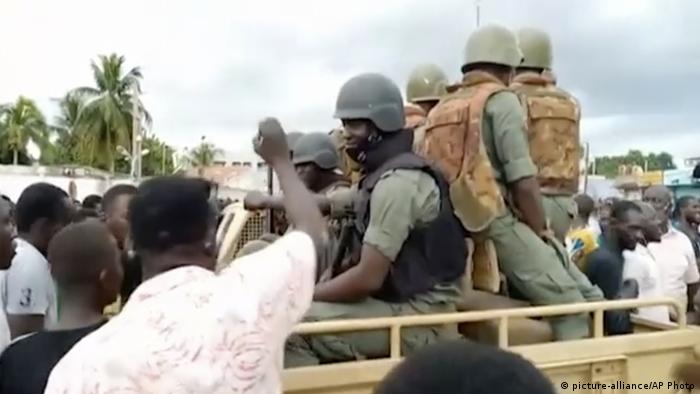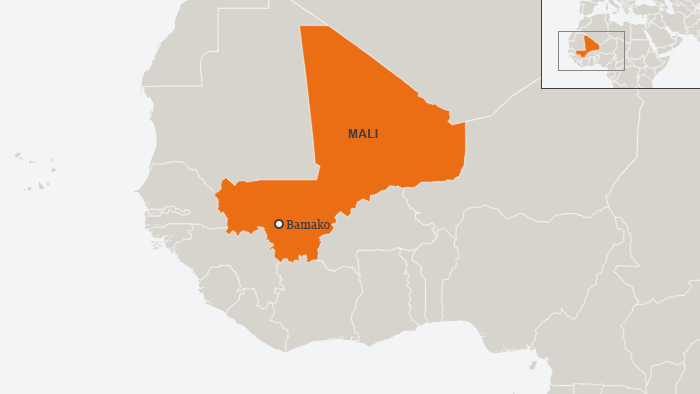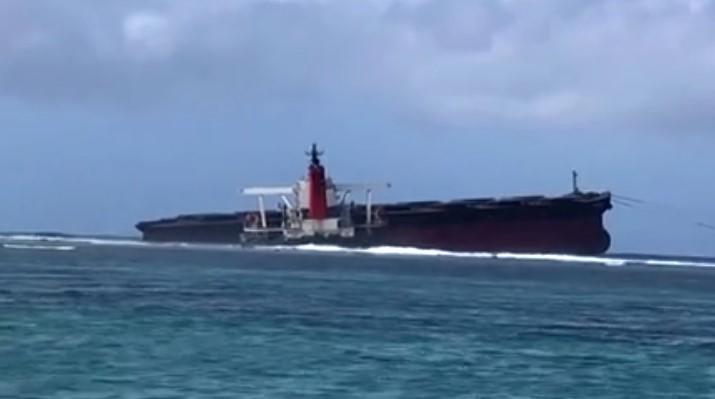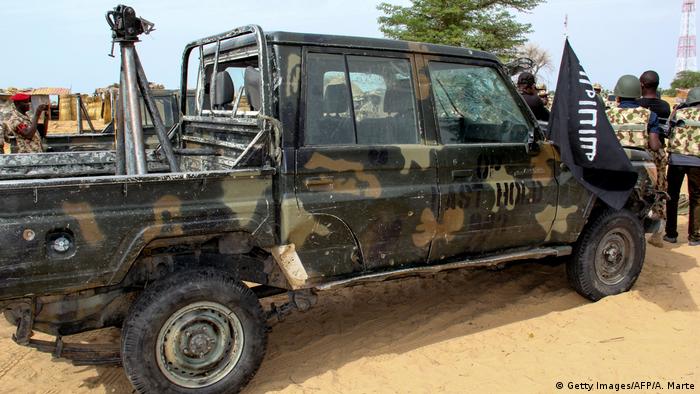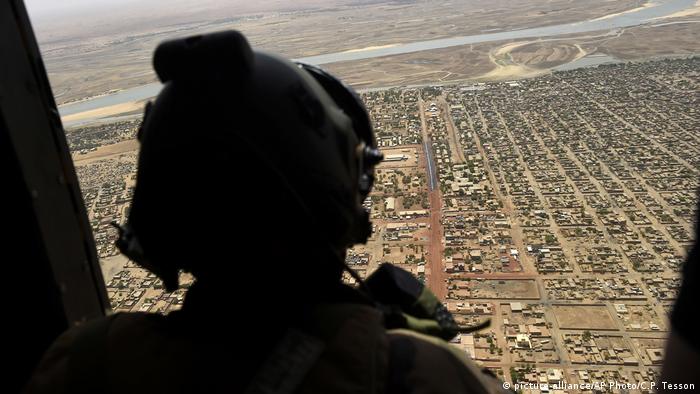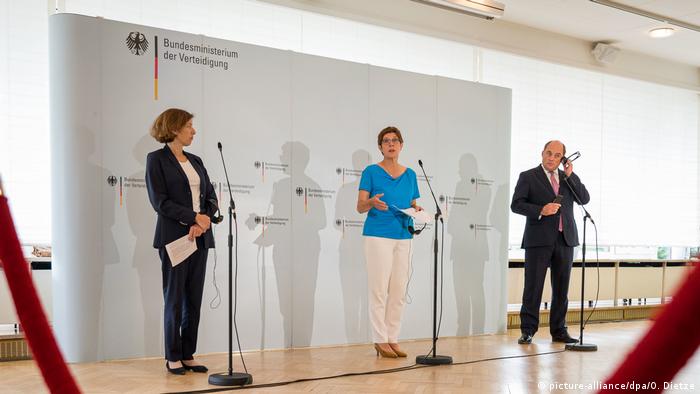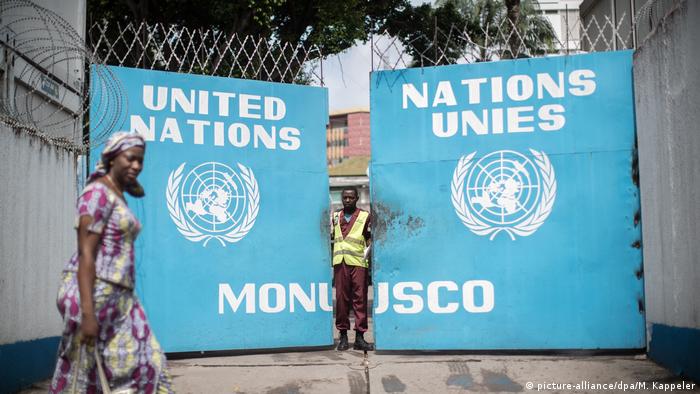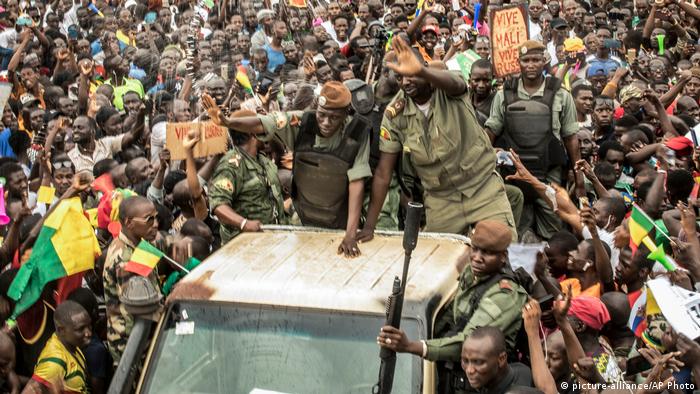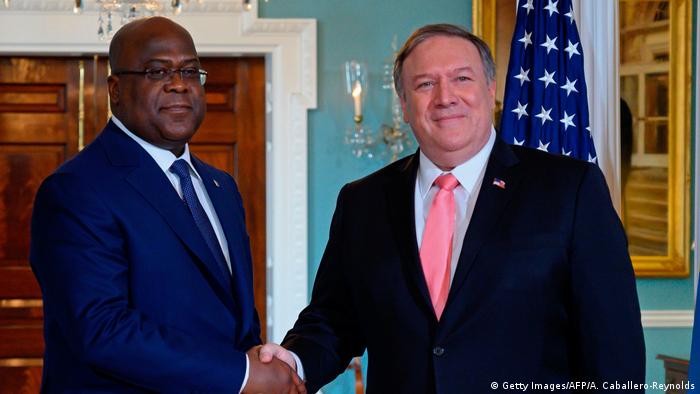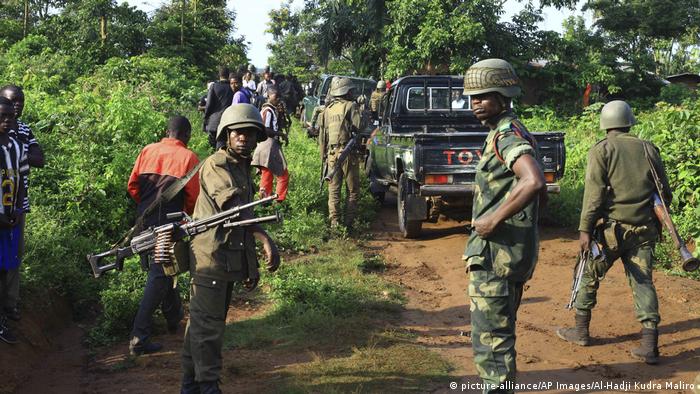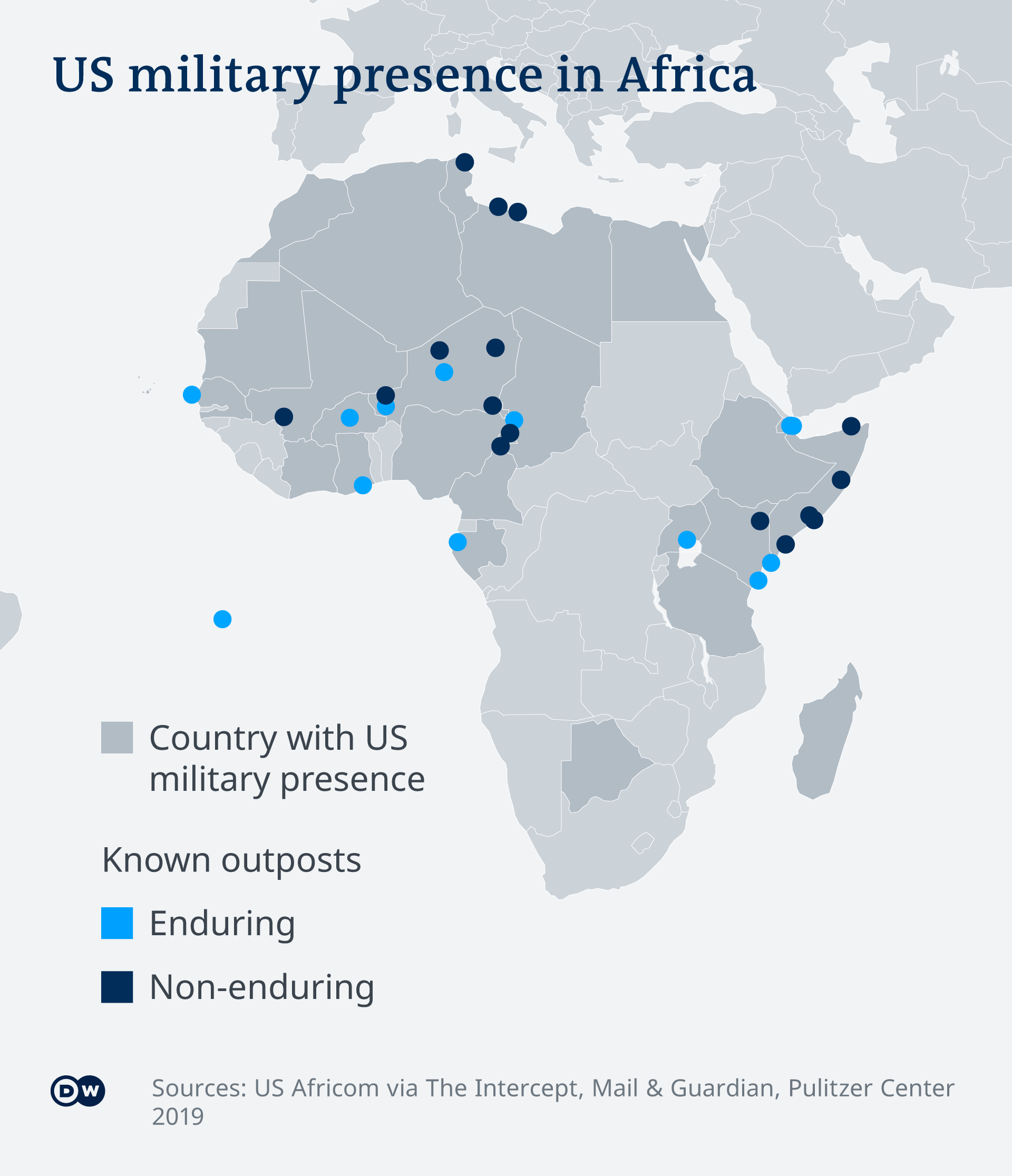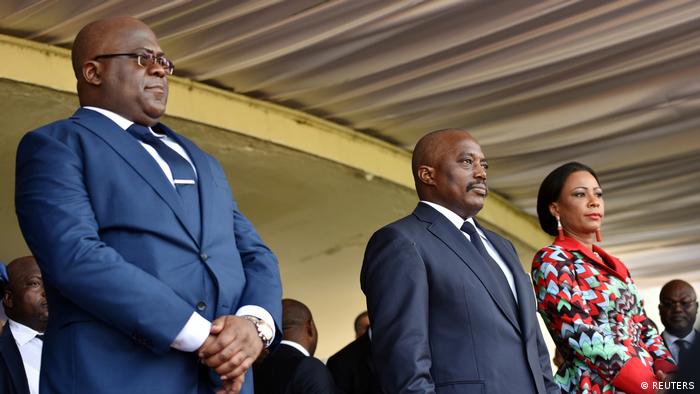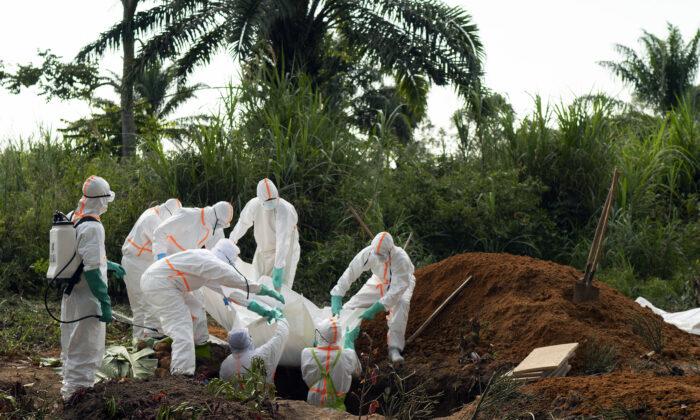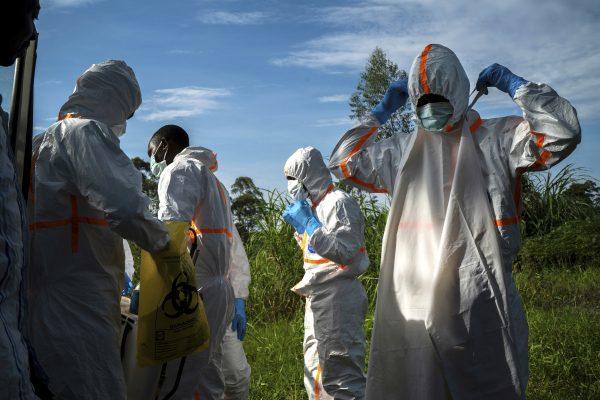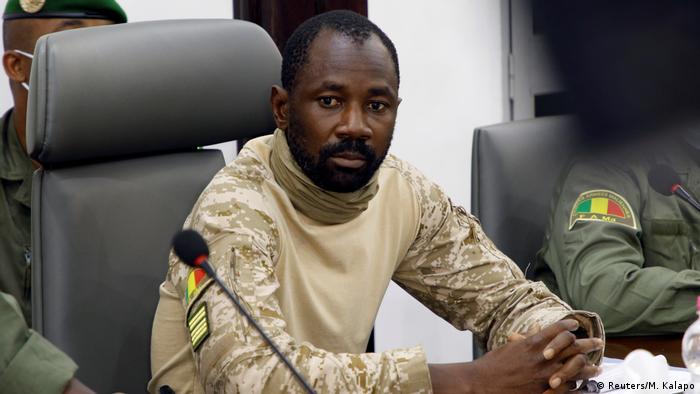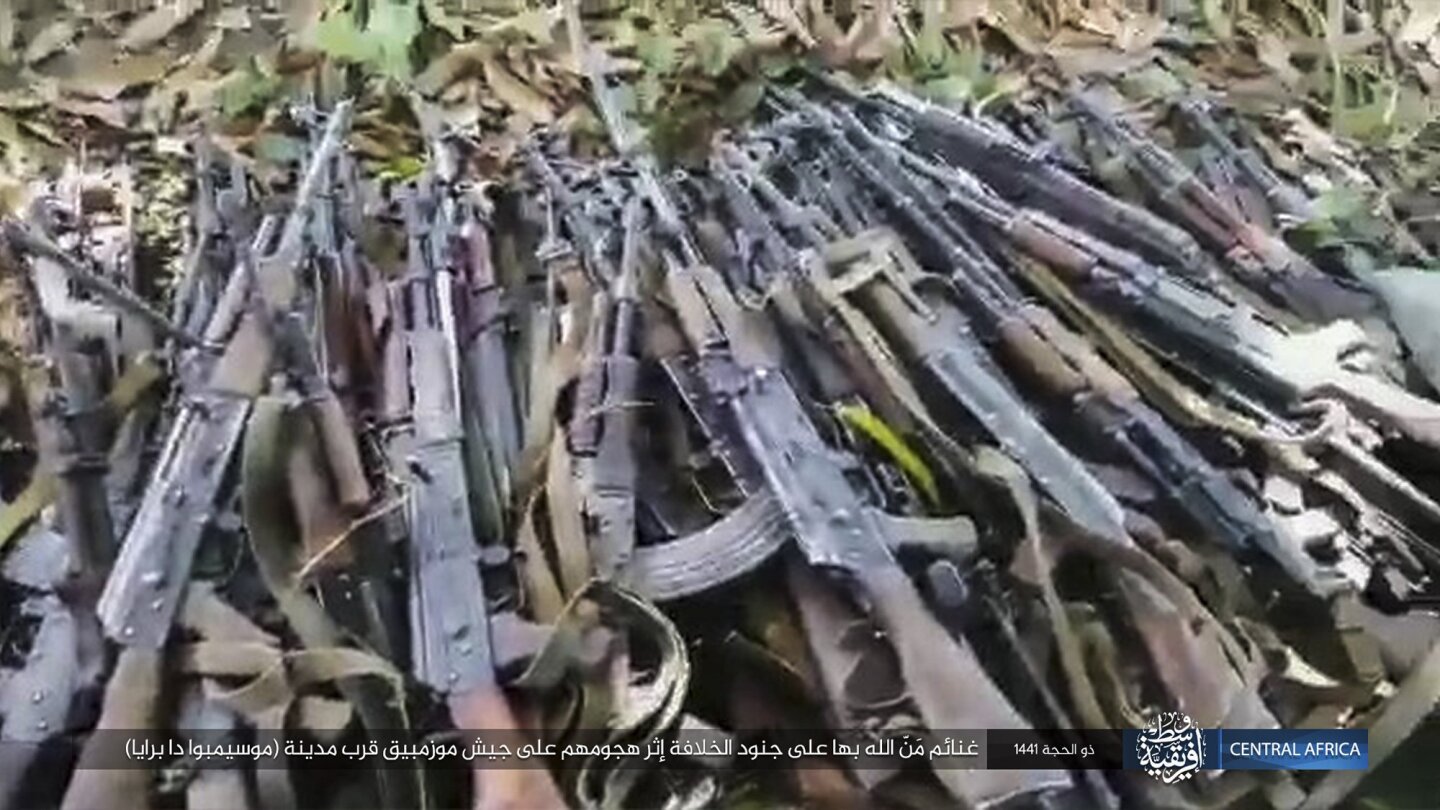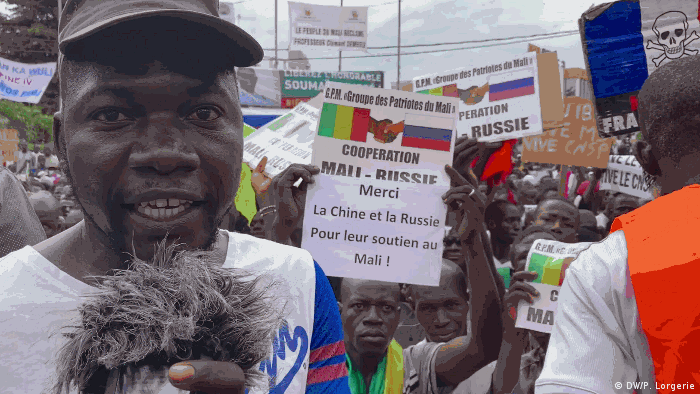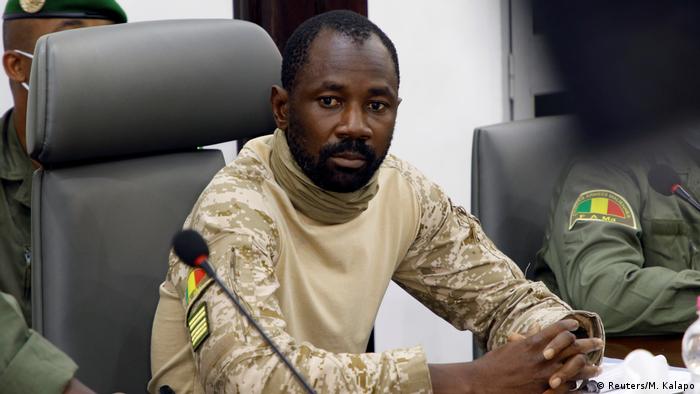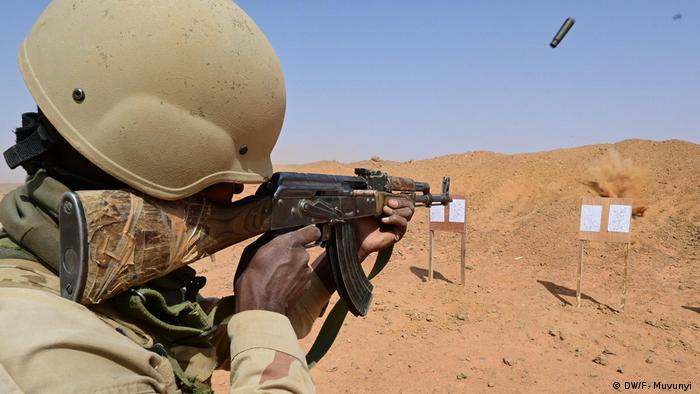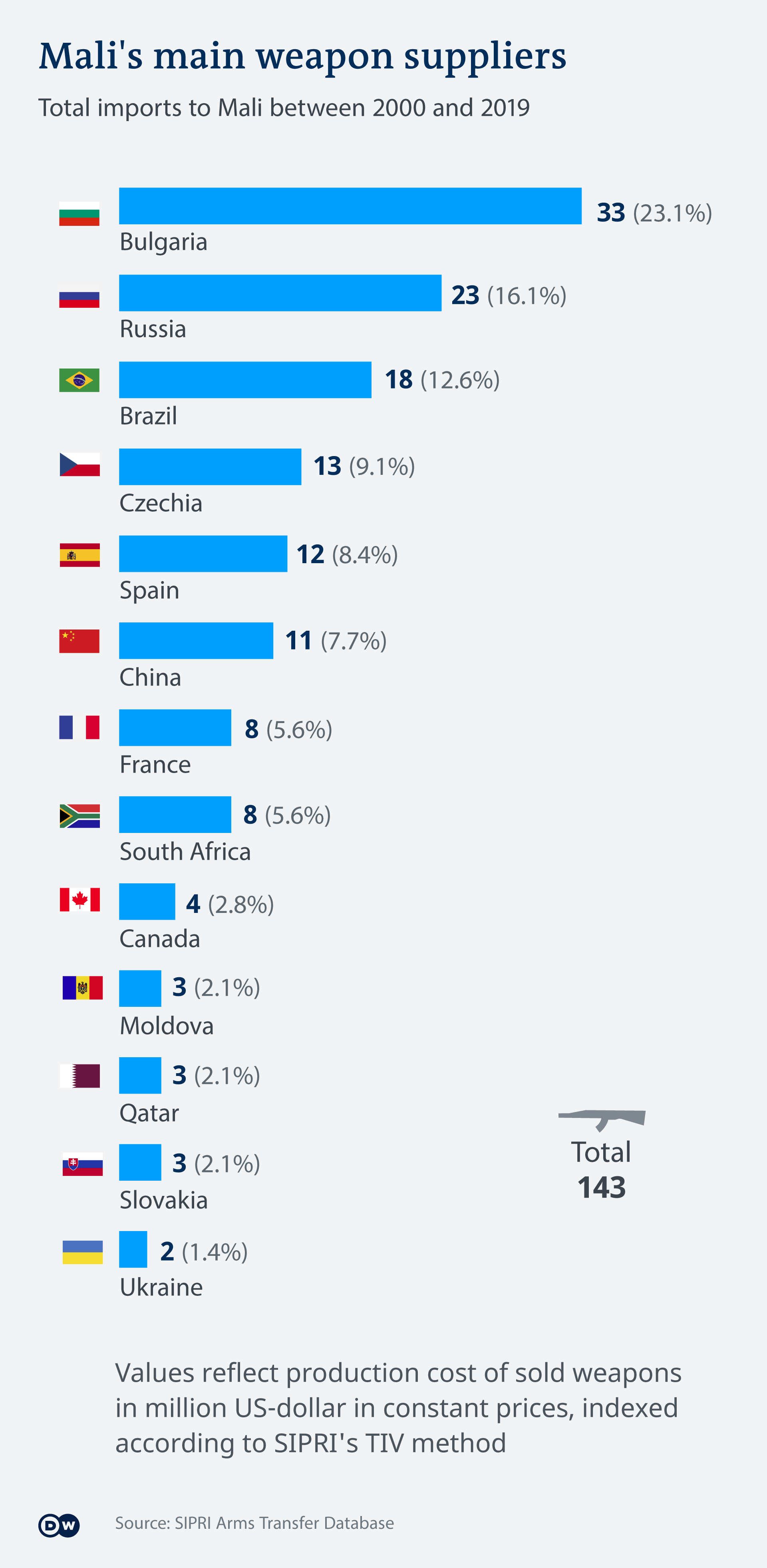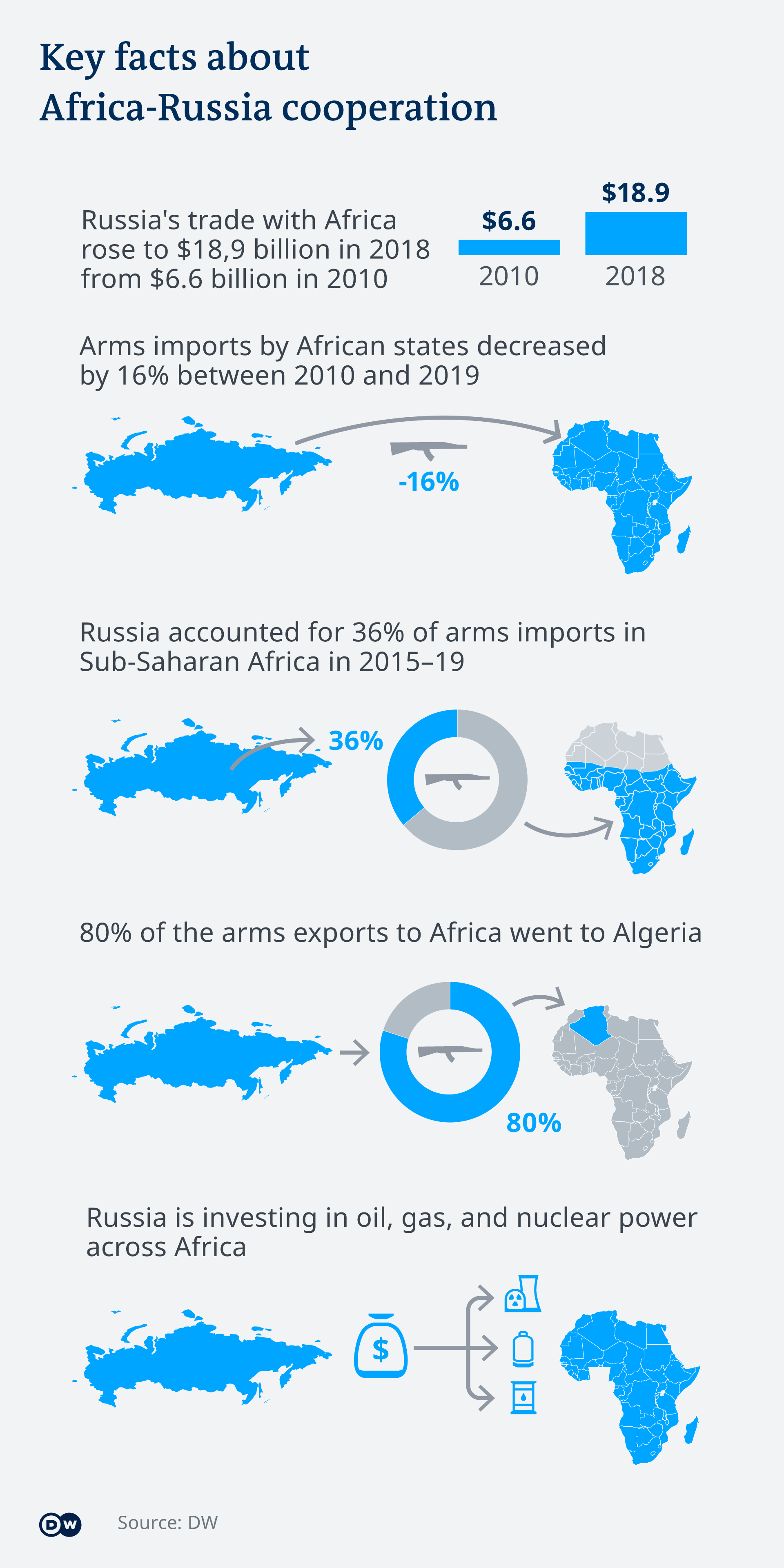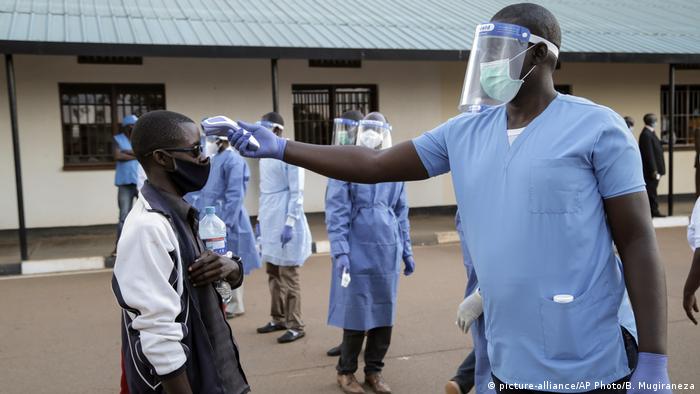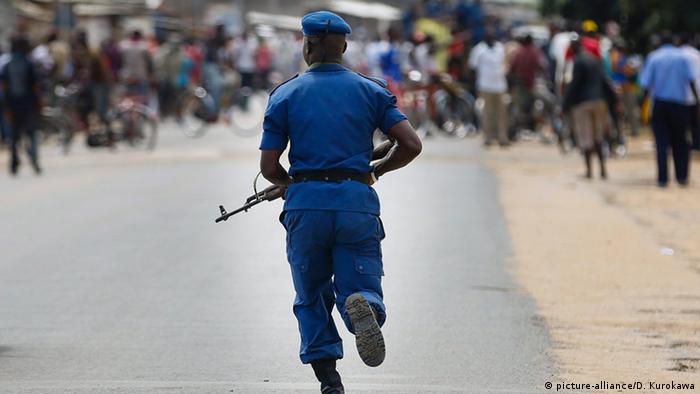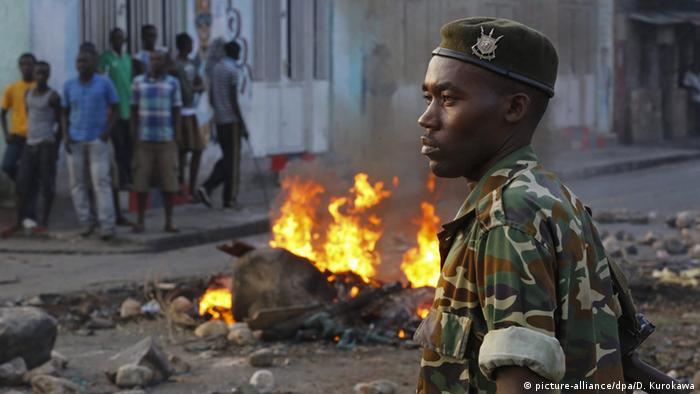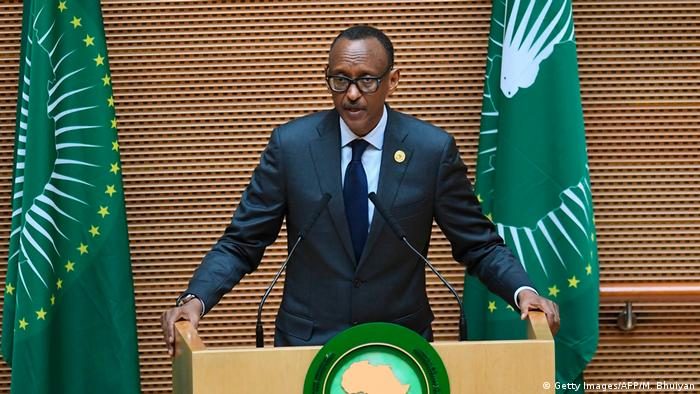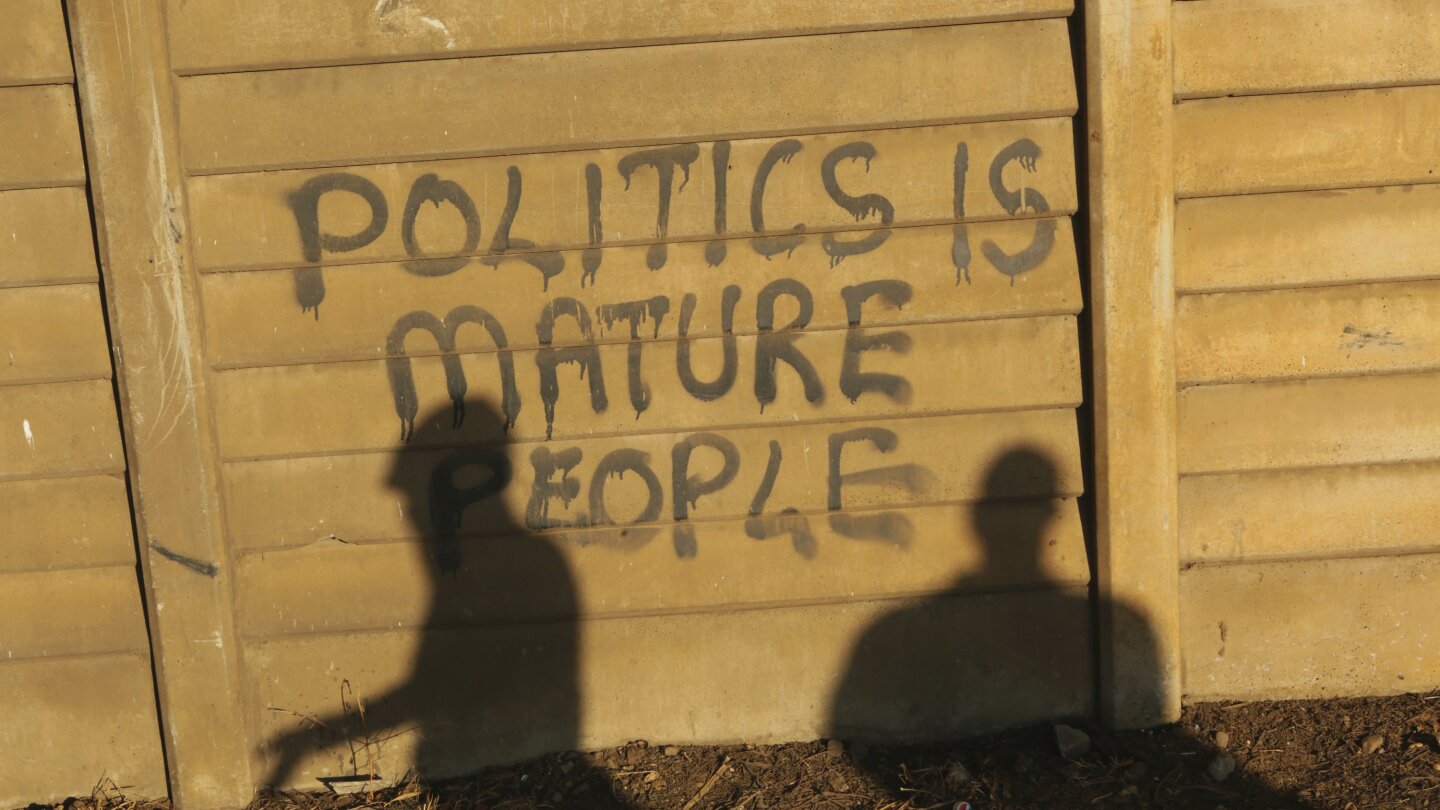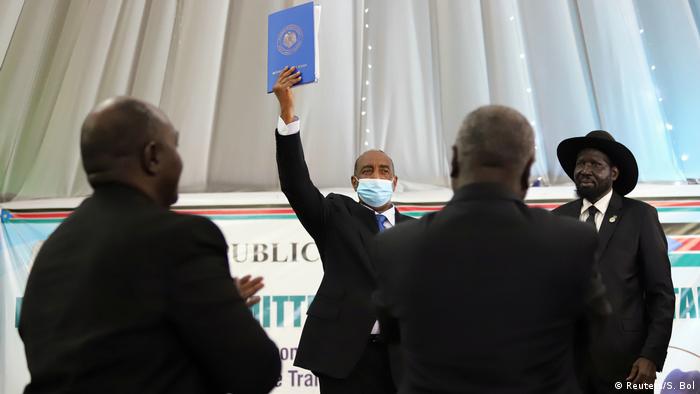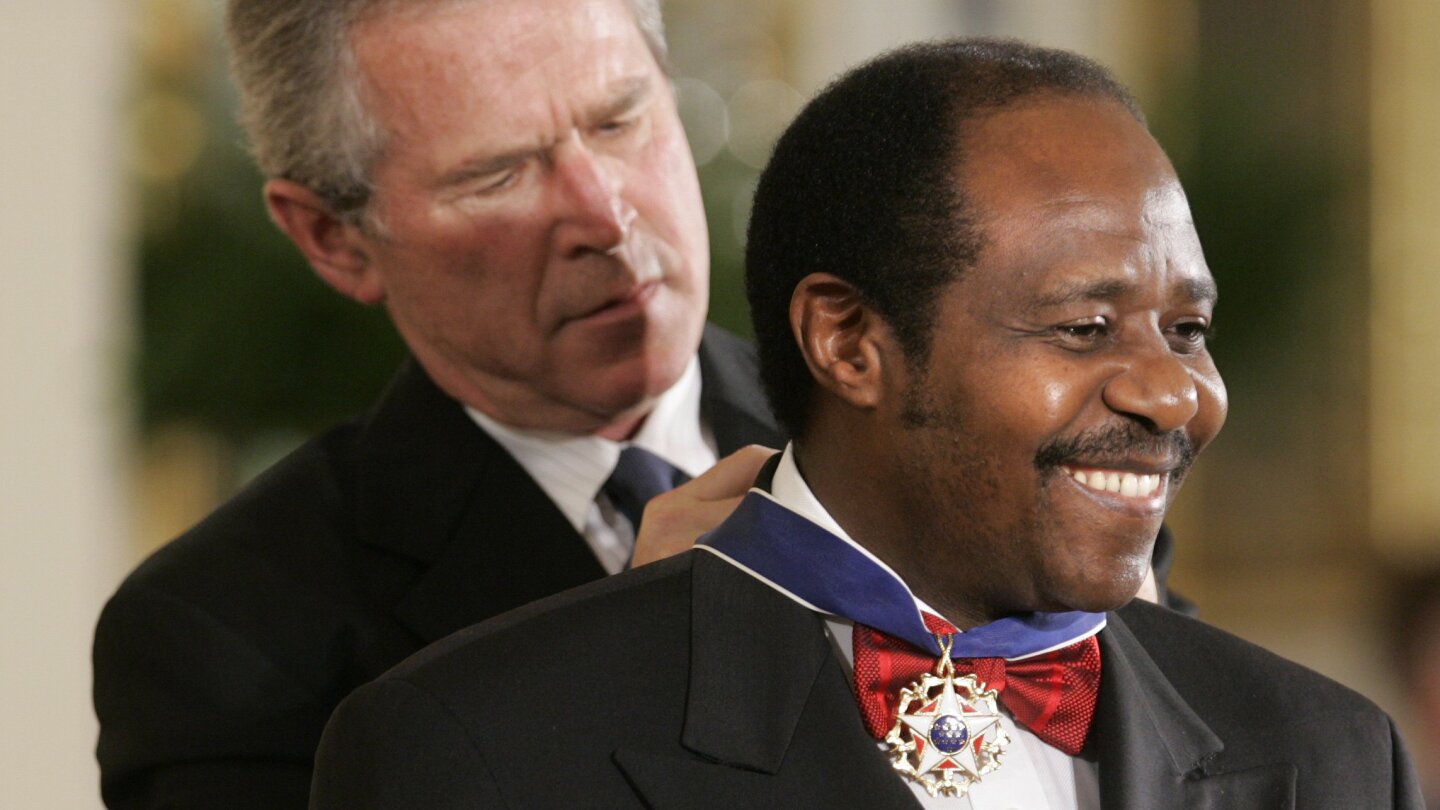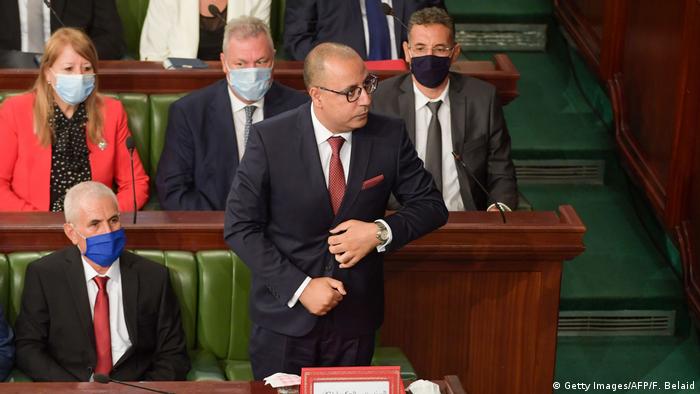Plain Jane
Just Plain Jane
Here is July's thread:
 www.timebomb2000.com
www.timebomb2000.com
Regional Conflict in Mediterranean beginning page 35:
 www.timebomb2000.com
www.timebomb2000.com
Main Coronavirus Thread beginning page 1302:
 www.timebomb2000.com
www.timebomb2000.com
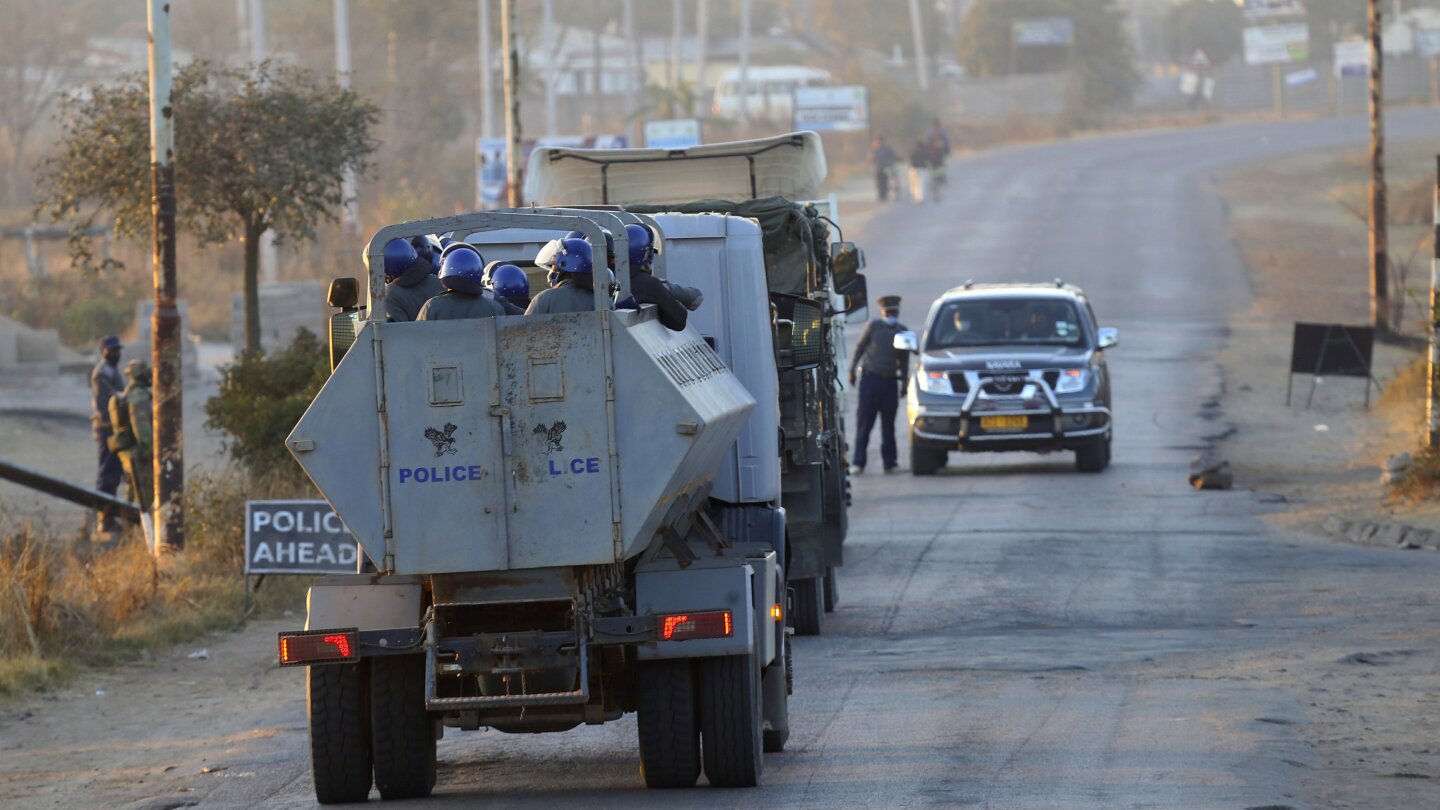
 apnews.com
apnews.com
Click to copy
Scores of Zimbabwe protesters arrested, military in streets
By FARAI MUTSAKAyesterday

1 of 20
Armed soldiers patrol a street in Harare, Friday, July, 31, 2020. Zimbabwe's capital, Harare, was deserted Friday, as security agents vigorously enforced the country's lockdown amidst planned protests.Police and soldiers manned checkpoints and ordered people seeking to get into the city for work and other chores to return home. (AP Photo/Tsvangirayi Mukwazhi)
HARARE, Zimbabwe (AP) — Scores of people were arrested Friday in Zimbabwe as hundreds of military troops as well as police attempted to thwart an anti-government protest, with streets empty and many people hiding indoors.
Organizers said demonstrators originally planned to protest alleged government corruption but instead targeted the ruling political party, using the hashtag #ZANUPFmustgo.”
Tensions are rising in Zimbabwe as the economy implodes. Inflation is more than 700%, the second highest in the world. Now the coronavirus burdens the threadbare health system.
Police arrested scores of people who tried to hold low-key protests, Zimbabwe Lawyers for Human Rights said. They included prominent author Tsitsi Dangarembga and Fadzayi Mahere, spokeswoman of the main opposition MDC Alliance party. Mahere was charged with “participating in an “unlawful gathering,” her lawyers said.
President Emmerson Mnangagwa has described the planned protest as “an insurrection to overthrow our democratically elected government.” He warned that security agents “will be vigilant and on high alert.”
Speaking at the burial Friday of a cabinet minister who died from COVID-19, Mnangagwa did not directly refer to the protest but called for unity and urged Zimbabweans to shun violence.
The normally teeming downtown capital, Harare, was deserted as soldiers and police patrolled and manned checkpoints. An army helicopter hovered over some of the capital’s poor, volatile suburbs. Security forces on Thursday drove people out of the city and forced businesses to close.
“So both the government and the people are afraid of protests more than coronavirus,” chuckled a security guard, walking along an empty road. “I have never seen these security people so effective, and the people so compliant, even during those days of the complete lockdown.”
The southern African country had gradually relaxed its lockdown to allow for some commercial activity, but it continues to ban protests as part of lockdown rules.
The opposition and human rights groups have said they witnessed abuses such as arrests, detentions, beatings and the stalking of activists and ordinary people accused of violating the lockdown ahead of the planned protest.
Police and government spokespeople have dismissed the allegations, even as a prominent journalist and a politician behind the protest have spent close to two weeks in detention.
Mnangagwa’s administration accuses the U.S. government of funding the two men and other activists involved in mobilizing the protest, with a ruling party spokesman this week calling the U.S. ambassador a “thug.”
Anti-government protests in Zimbabwe in 2018 and 2019 resulted in the killing of several people, allegedly by the military.
The pandemic has brought a new layer of suffering.
In public hospitals, doctors and nurses are frequently on strike and infrastructure is so dilapidated that “unborn children and mothers are dying daily,” according to the Zimbabwe Society of Obstetricians and Gynecologists.
The World Food Program this week projected that the number of Zimbabweans facing food insecurity could reach 8.6 million by the end of the year.
That would be “a staggering 60% of the population – owing to the combined effects of drought, economic recession and the pandemic,” the WFP said, appealing for more money to intervene.
INTL - Africa: Politics, Economics, and Military- July 2020
Here is June's thread: https://www.timebomb2000.com/xf/index.php?threads/africa-politics-economics-military-june-2020.575297/ Regional Conflict in Mediterranean beginning page 27: https://www.timebomb2000.com/xf/index.php?threads/regional-conflict-brewing-in-the-mediterranean.565195/page-27...
Regional Conflict in Mediterranean beginning page 35:
WAR - Regional conflict brewing in the Mediterranean
Amir Tsarfati @BeholdIsrael 15m The Turkish parliament has approved a law that will allow stricter monitoring of social media content. Critics fear the new legislation is a further step toward silencing dissent in the country.
Main Coronavirus Thread beginning page 1302:
CORONA - Main Coronavirus thread
View: https://www.youtube.com/watch?v=BNH6vW2Yaf8 27:24 min 127 - Dr. Ruth Karron Answers Your COVID-19 Vaccine Questions •Jul 31, 2020 Johns Hopkins Bloomberg School of Public Health How close are we to a vaccine? What do efficacy trials actually entail? What are the challenges to...

Scores of Zimbabwe protesters arrested, military in streets
HARARE, Zimbabwe (AP) — Scores of people were arrested Friday in Zimbabwe as hundreds of military troops as well as police attempted to thwart an anti-government protest, with streets empty and many people hiding indoors.
Click to copy
Scores of Zimbabwe protesters arrested, military in streets
By FARAI MUTSAKAyesterday

1 of 20
Armed soldiers patrol a street in Harare, Friday, July, 31, 2020. Zimbabwe's capital, Harare, was deserted Friday, as security agents vigorously enforced the country's lockdown amidst planned protests.Police and soldiers manned checkpoints and ordered people seeking to get into the city for work and other chores to return home. (AP Photo/Tsvangirayi Mukwazhi)
HARARE, Zimbabwe (AP) — Scores of people were arrested Friday in Zimbabwe as hundreds of military troops as well as police attempted to thwart an anti-government protest, with streets empty and many people hiding indoors.
Organizers said demonstrators originally planned to protest alleged government corruption but instead targeted the ruling political party, using the hashtag #ZANUPFmustgo.”
Tensions are rising in Zimbabwe as the economy implodes. Inflation is more than 700%, the second highest in the world. Now the coronavirus burdens the threadbare health system.
Police arrested scores of people who tried to hold low-key protests, Zimbabwe Lawyers for Human Rights said. They included prominent author Tsitsi Dangarembga and Fadzayi Mahere, spokeswoman of the main opposition MDC Alliance party. Mahere was charged with “participating in an “unlawful gathering,” her lawyers said.
President Emmerson Mnangagwa has described the planned protest as “an insurrection to overthrow our democratically elected government.” He warned that security agents “will be vigilant and on high alert.”
Speaking at the burial Friday of a cabinet minister who died from COVID-19, Mnangagwa did not directly refer to the protest but called for unity and urged Zimbabweans to shun violence.
The normally teeming downtown capital, Harare, was deserted as soldiers and police patrolled and manned checkpoints. An army helicopter hovered over some of the capital’s poor, volatile suburbs. Security forces on Thursday drove people out of the city and forced businesses to close.
“So both the government and the people are afraid of protests more than coronavirus,” chuckled a security guard, walking along an empty road. “I have never seen these security people so effective, and the people so compliant, even during those days of the complete lockdown.”
The southern African country had gradually relaxed its lockdown to allow for some commercial activity, but it continues to ban protests as part of lockdown rules.
The opposition and human rights groups have said they witnessed abuses such as arrests, detentions, beatings and the stalking of activists and ordinary people accused of violating the lockdown ahead of the planned protest.
Police and government spokespeople have dismissed the allegations, even as a prominent journalist and a politician behind the protest have spent close to two weeks in detention.
Mnangagwa’s administration accuses the U.S. government of funding the two men and other activists involved in mobilizing the protest, with a ruling party spokesman this week calling the U.S. ambassador a “thug.”
Anti-government protests in Zimbabwe in 2018 and 2019 resulted in the killing of several people, allegedly by the military.
The pandemic has brought a new layer of suffering.
In public hospitals, doctors and nurses are frequently on strike and infrastructure is so dilapidated that “unborn children and mothers are dying daily,” according to the Zimbabwe Society of Obstetricians and Gynecologists.
The World Food Program this week projected that the number of Zimbabweans facing food insecurity could reach 8.6 million by the end of the year.
That would be “a staggering 60% of the population – owing to the combined effects of drought, economic recession and the pandemic,” the WFP said, appealing for more money to intervene.



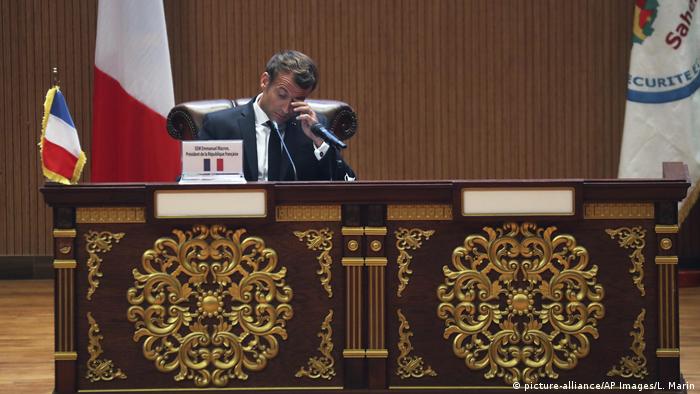
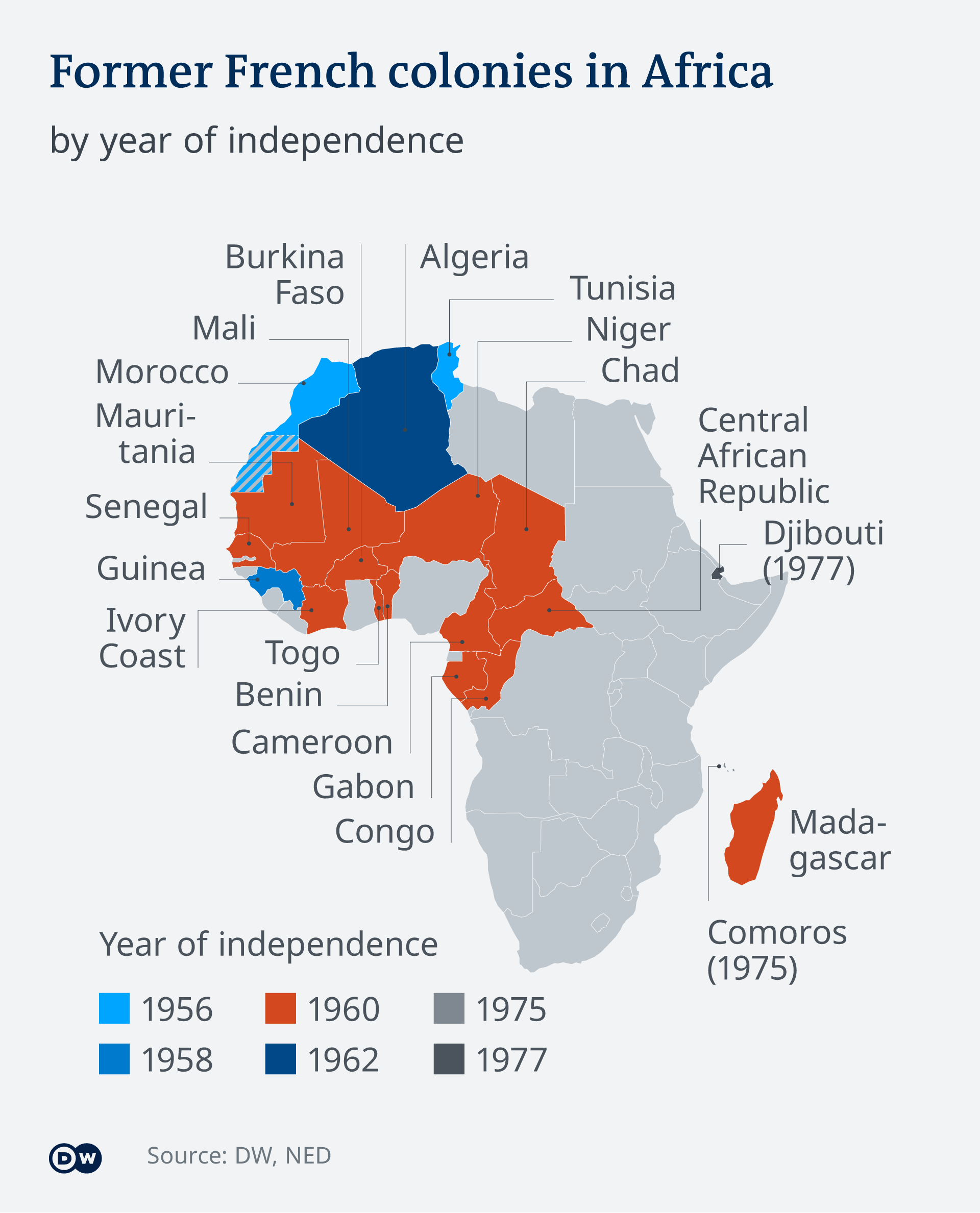
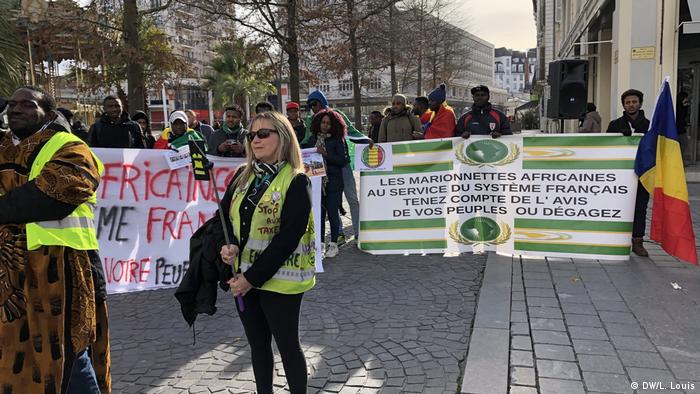
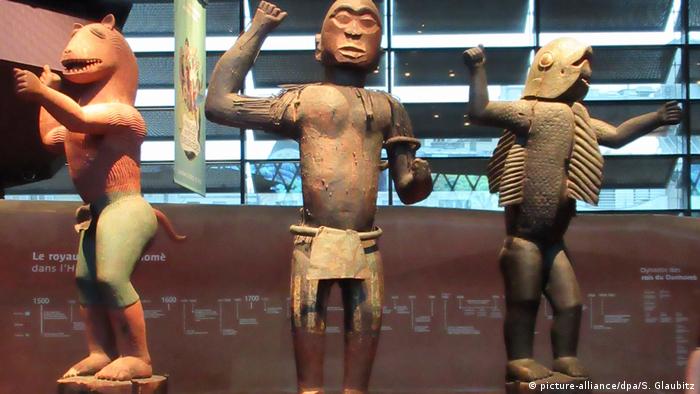
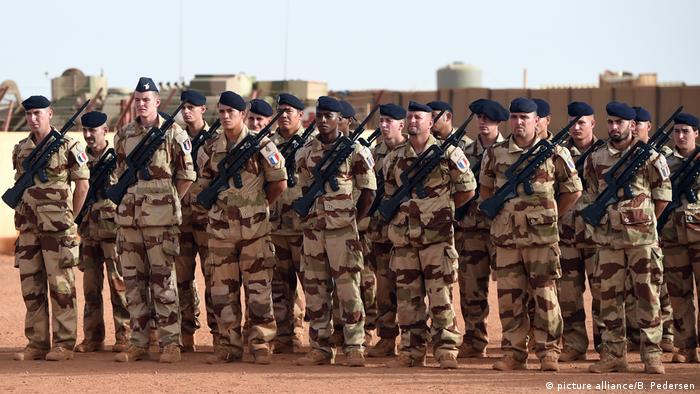
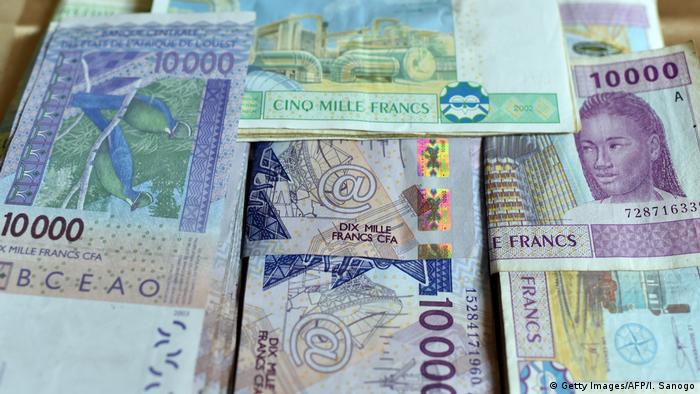
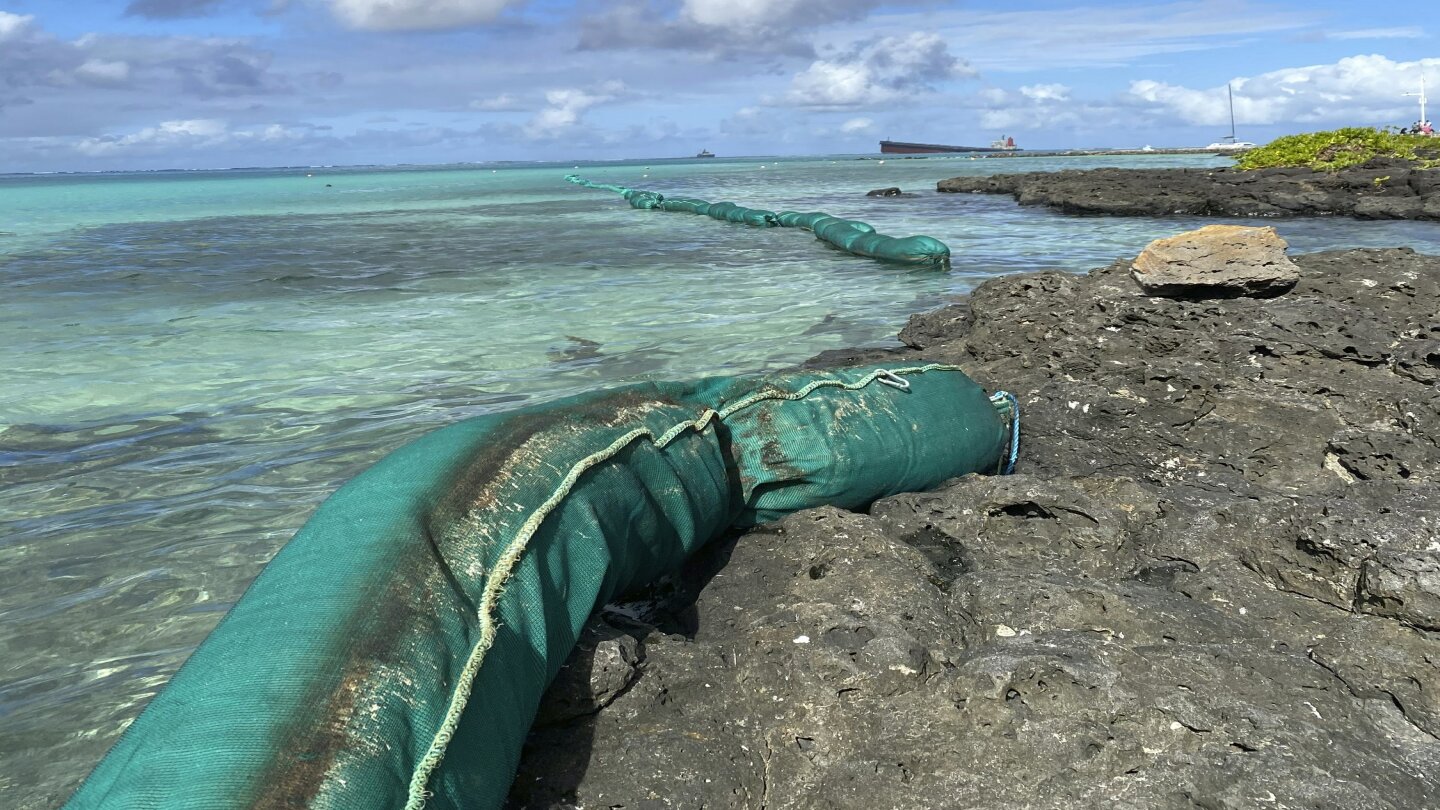


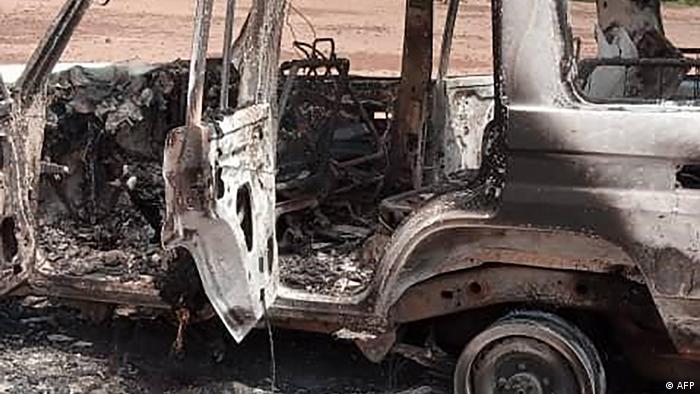

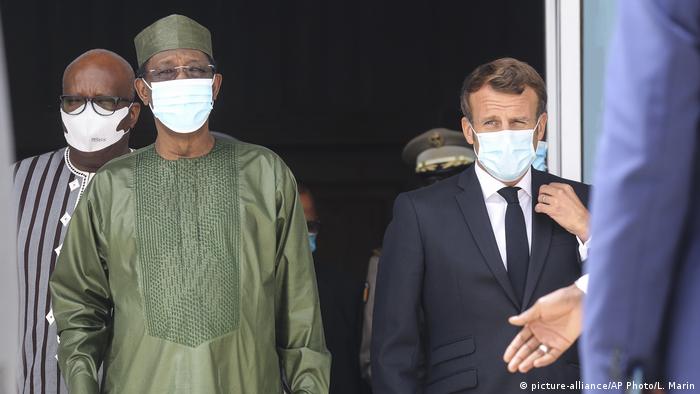

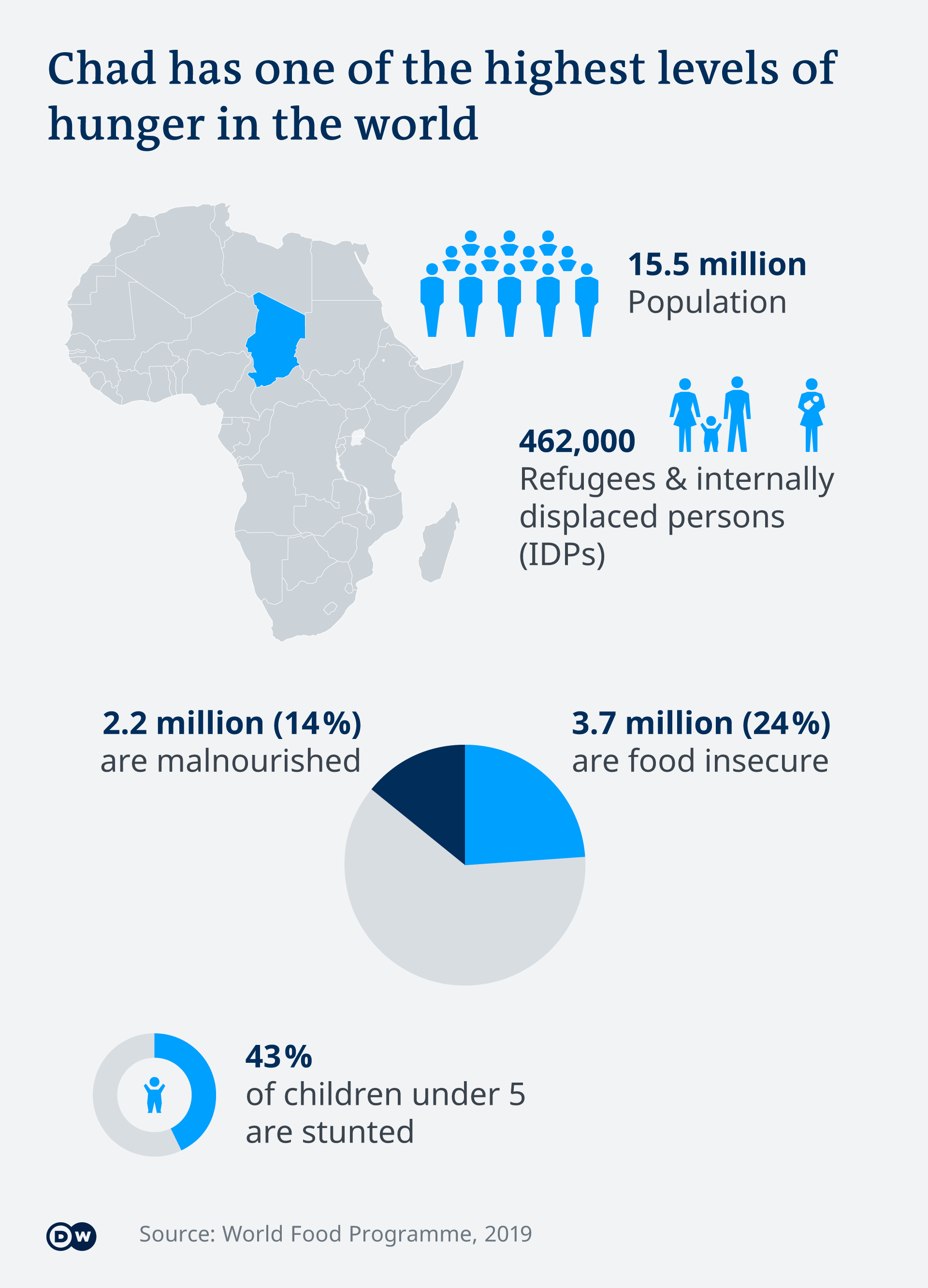
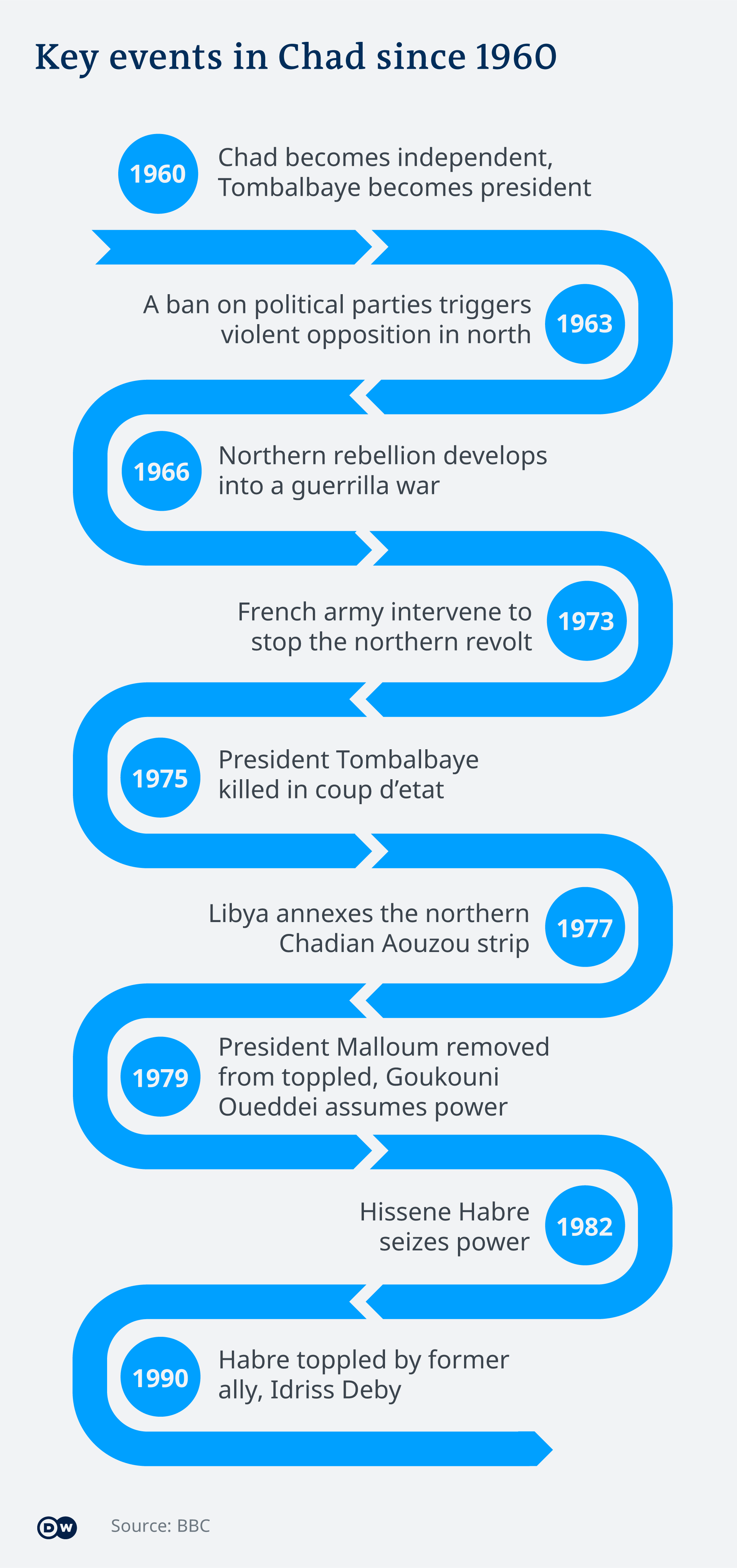
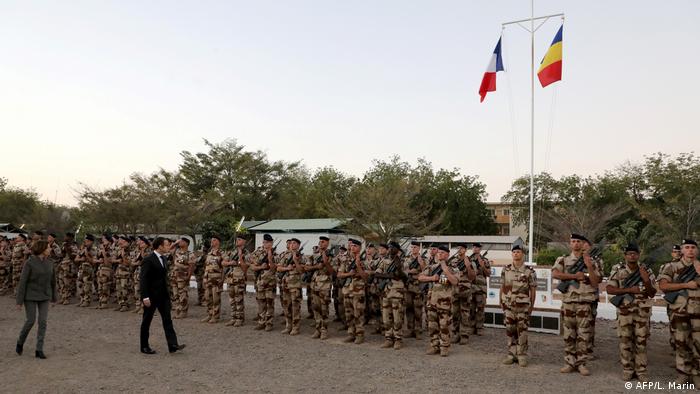
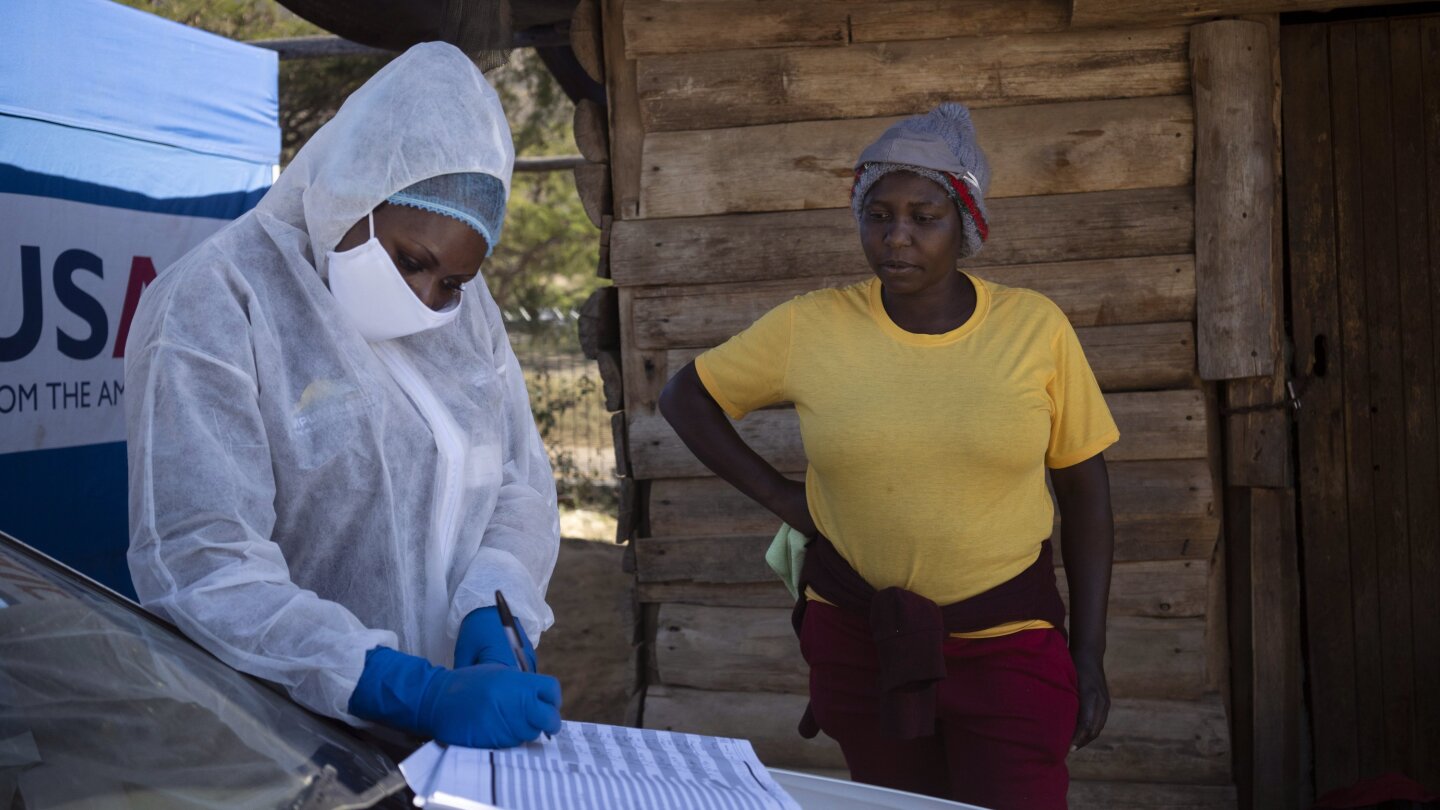



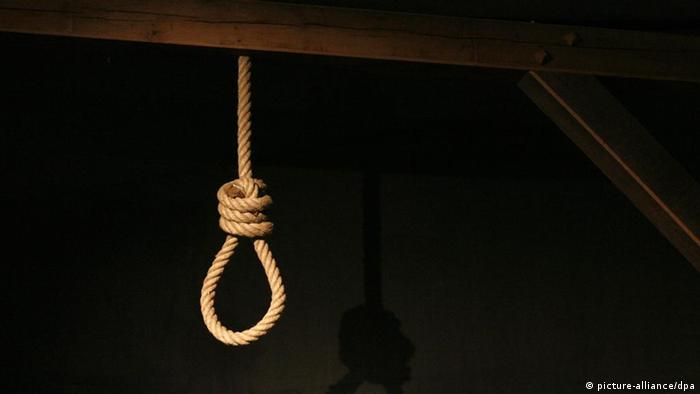


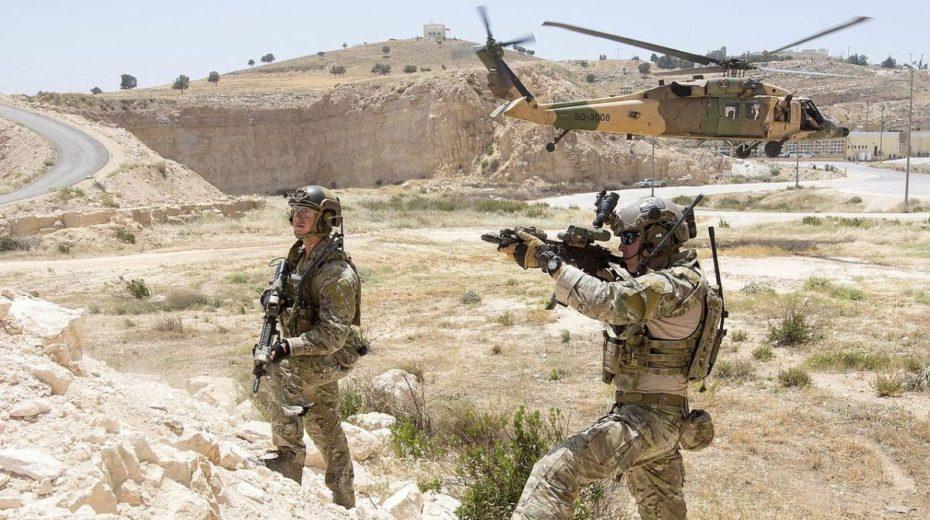
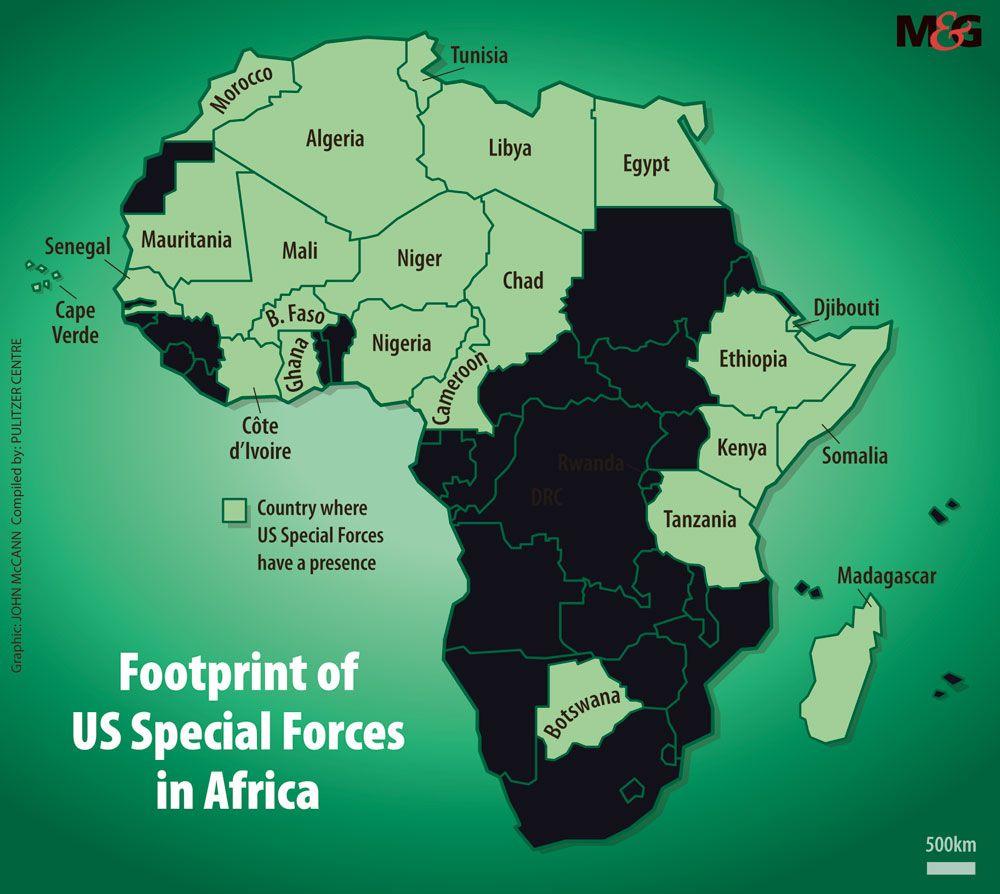
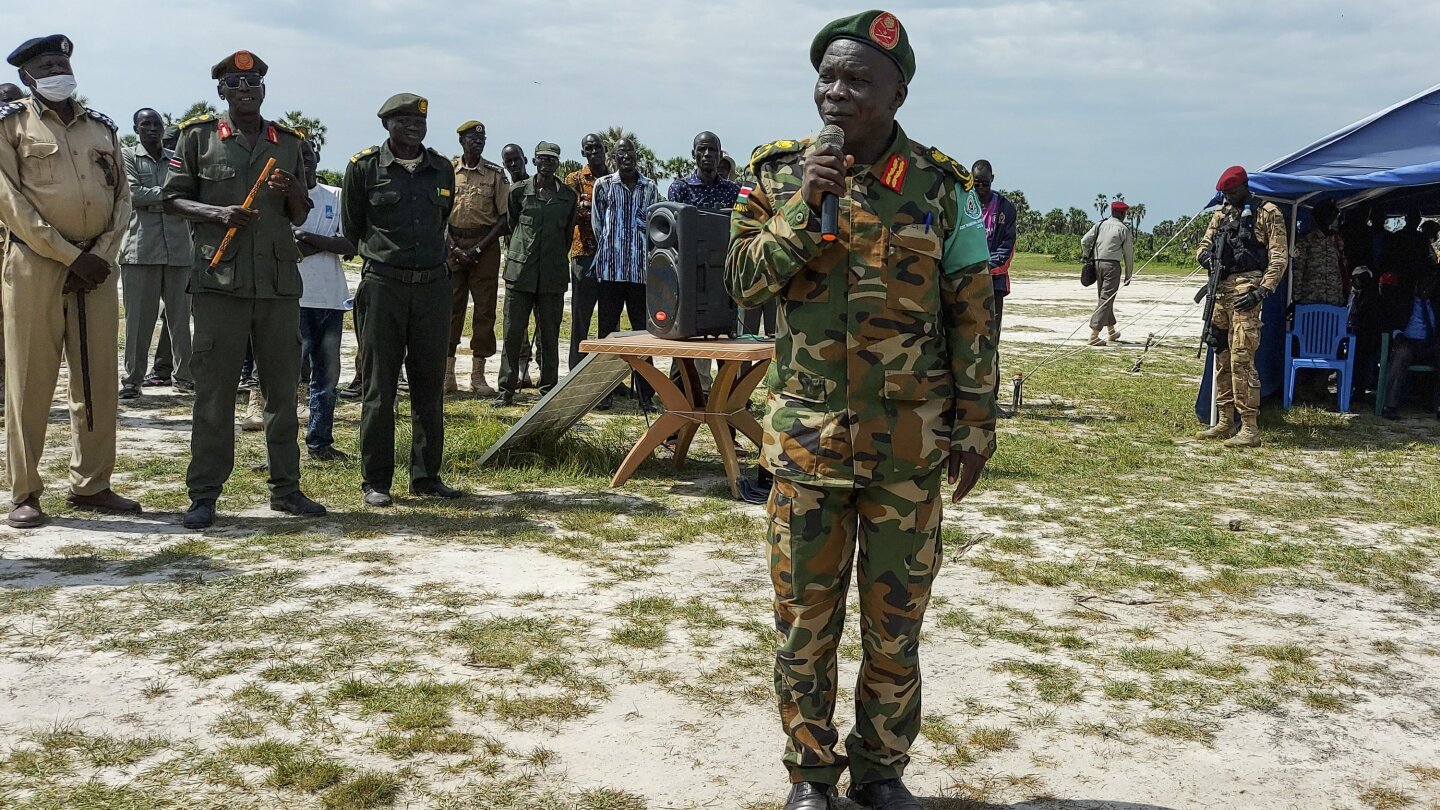

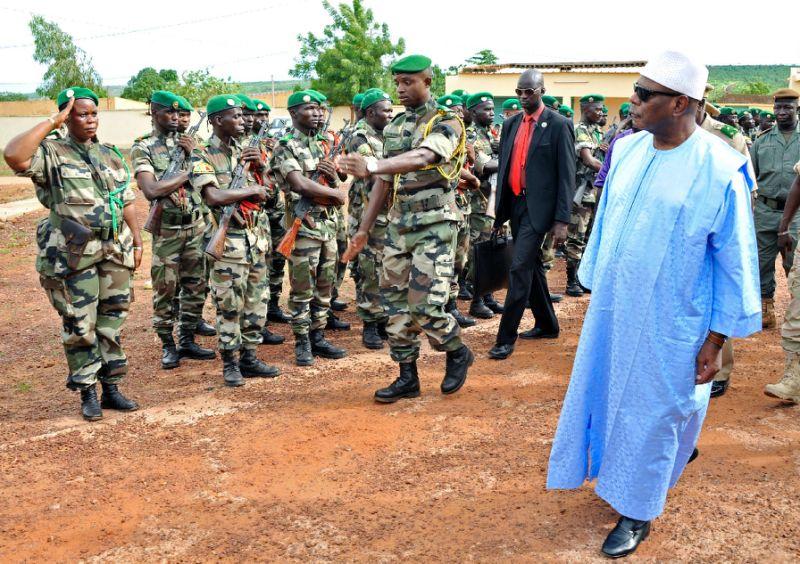 Prior file image, Mali's President Ibrahim Boubacar Keita (R) reviews troops in Kati, via AFP
Prior file image, Mali's President Ibrahim Boubacar Keita (R) reviews troops in Kati, via AFP
